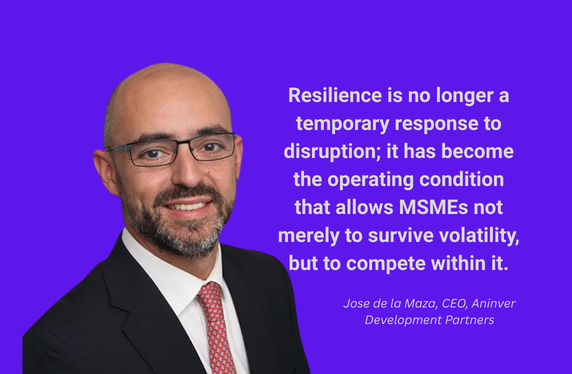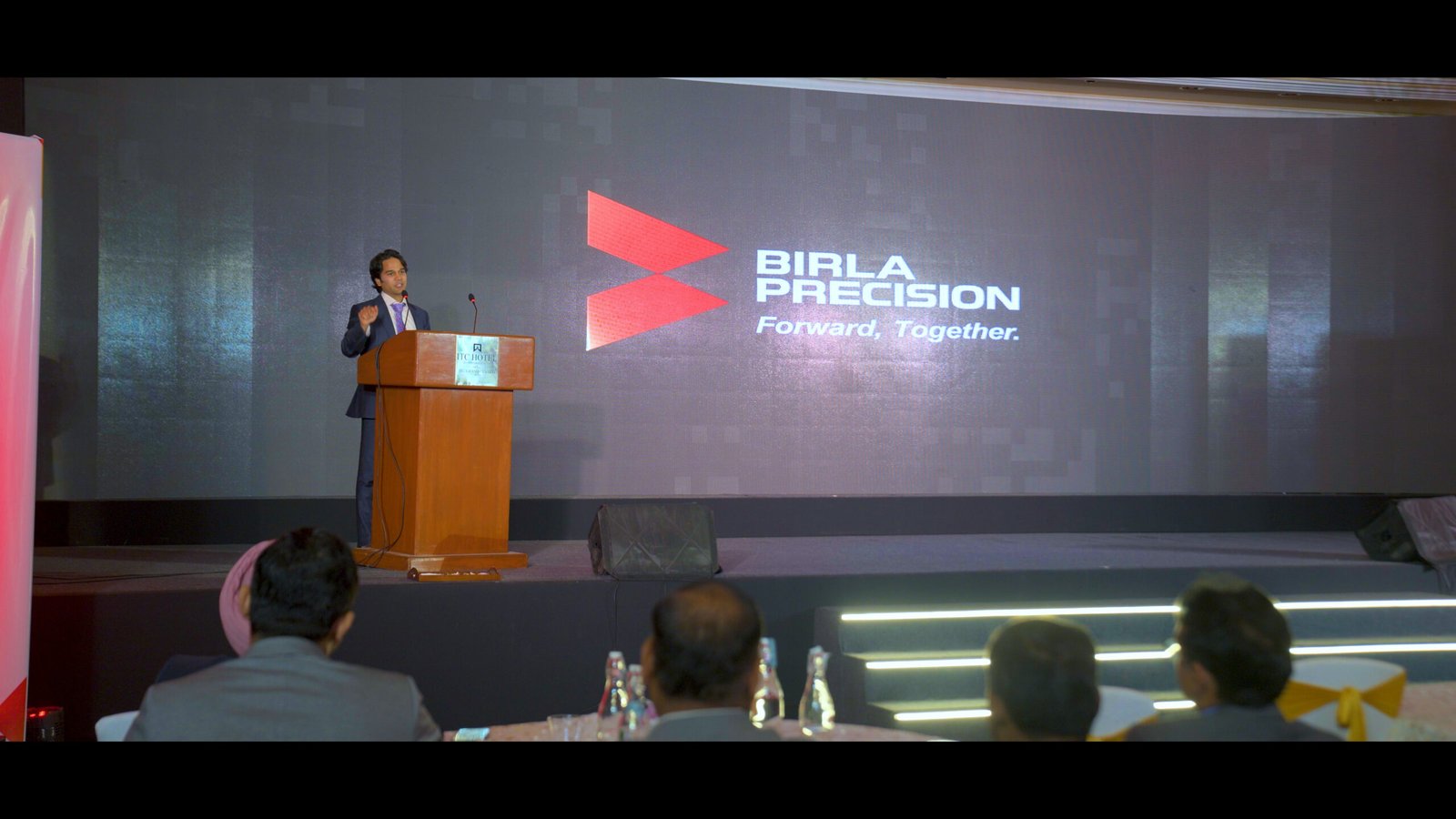The global automotive electronics market is entering a dynamic new era, with projections indicating a leap from USD 255 billion in 2023 to approximately USD 455 billion by 2032. This robust expansion, as reported by DataIntelo, is underpinned by a 6.5% compound annual growth rate (CAGR) and signals significant opportunities for SMEs and startups in the evolving mobility and automotive tech ecosystem.
As the auto industry drives into a future defined by digitalisation, sustainability, and automation, automotive electronics stand at the epicentre of transformation. For SMEs, this evolution offers not only technological opportunities but also strategic spaces to enter and scale in a high-growth market.
The global automotive electronics market is entering a dynamic new era, with projections indicating a leap from USD 255 billion in 2023 to approximately USD 455 billion by 2032. This robust expansion, as reported by DataIntelo, is underpinned by a 6.5% compound annual growth rate (CAGR) and signals significant opportunities for SMEs and startups in the evolving mobility and automotive tech ecosystem.
Driving Forces Behind the Growth
1. Electrification of Vehicles
Global climate policies and carbon neutrality targets are pushing the automotive industry toward electrification. Electric vehicles (EVs), which depend heavily on electronic components such as electronic control units (ECUs), inverters, converters, and battery management systems (BMS), are reshaping the supply chain. This transformation offers immense scope for component makers and software providers to innovate and scale.
2. Rise of ADAS and Vehicle Safety Regulations
Advanced Driver-Assistance Systems (ADAS) have moved from premium to mainstream. Features like lane departure warnings, adaptive cruise control, and autonomous emergency braking are increasingly being mandated by governments across regions. These systems are reliant on a dense electronic infrastructure of sensors, cameras, microcontrollers, and data processors—creating a vibrant market for hardware and software providers.
3. Connectivity & Infotainment Demands
Modern consumers now expect vehicles to mirror their digital lifestyles. Features such as 5G-enabled telematics, smartphone mirroring, AI voice assistants, and over-the-air (OTA) updates are now integral. As vehicles become rolling smart devices, OEMs are investing heavily in infotainment systems, heads-up displays (HUDs), and IoT-based services—opening the field for new tech entrants and collaborations.
4. Autonomous Vehicles: The Next Frontier
Although still under development, autonomous driving technologies (particularly Levels 3 through 5) are pushing the boundaries of automotive electronics. These systems demand high-performance AI chips, redundant safety systems, advanced ECUs, and cybersecurity frameworks. The scale and complexity of autonomy are fostering partnerships between automakers, tech giants, and SMEs in AI, hardware, and safety.
Looking Ahead: A Software-Defined Mobility Future
The trajectory of the automotive electronics industry is intrinsically linked to the future of mobility. As solid-state batteries, software-defined vehicles (SDVs), and V2X (vehicle-to-everything) communications become mainstream, automotive design will shift from hardware-centric to software-first. This transformation positions tech-savvy SMEs and digital innovators as pivotal players in reshaping the driving experience.
Mobility is no longer just about transportation—it’s about building intelligent, responsive, and sustainable ecosystems.
As the auto industry drives into a future defined by digitalisation, sustainability, and automation, automotive electronics stand at the epicentre of transformation. For SMEs, this evolution offers not only technological opportunities but also strategic spaces to enter and scale in a high-growth market.
Author Profile

-
Perumal Koshy is Editor of Global SME News and Director of Strategic Initiatives at Enterprise Futures Lab. He writes on MSMEs, enterprise development, and policy issues affecting small business ecosystems.
Linkedin: https://www.linkedin.com/in/caushie/
Latest entries
 FEATURED2 February 2026Outlook 2026 | Real Estate: Infrastructure-Led Growth, Integrated Communities, and the Trust Imperative
FEATURED2 February 2026Outlook 2026 | Real Estate: Infrastructure-Led Growth, Integrated Communities, and the Trust Imperative Entreprenurs30 January 2026Quality, Crisis, and Consistency: The Rungta Tea Story
Entreprenurs30 January 2026Quality, Crisis, and Consistency: The Rungta Tea Story Entreprenurs21 August 2025Entrepreneurship, Values, and Corporate Governance: Building Nations, Not Just Profits
Entreprenurs21 August 2025Entrepreneurship, Values, and Corporate Governance: Building Nations, Not Just Profits Africa13 August 2025 A New Landmark Report Calls for Rethinking SME Policies, Digital Readiness, and Sustainable Growth
Africa13 August 2025 A New Landmark Report Calls for Rethinking SME Policies, Digital Readiness, and Sustainable Growth









